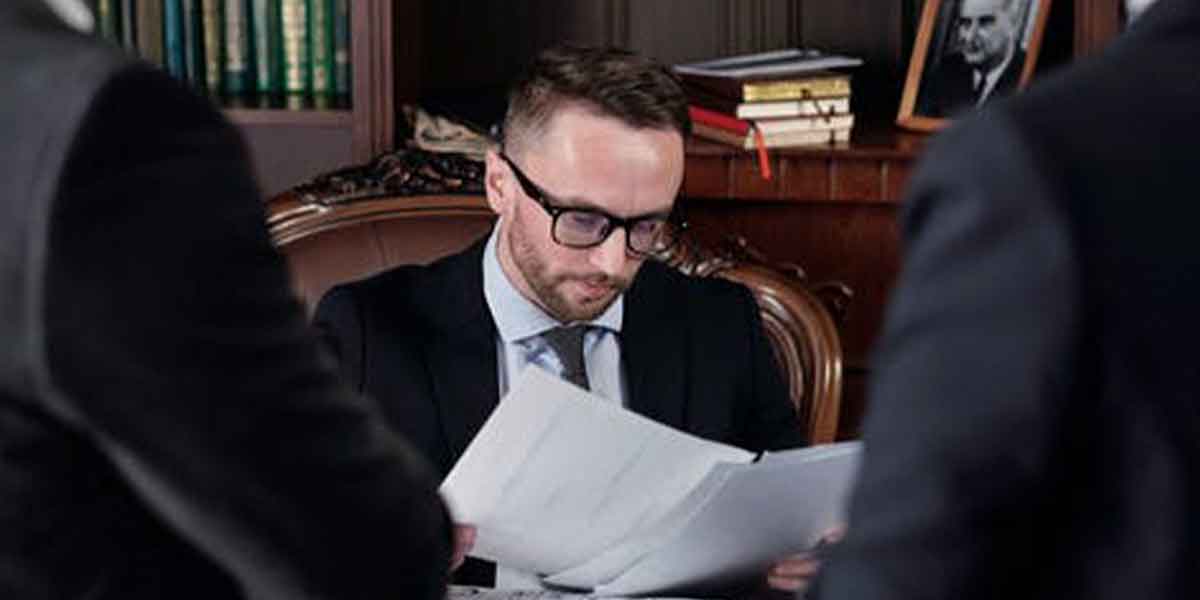Estate planning benefits all, whether one has a large estate or a small one. Formulating an estate plan makes sure that assets and property get distributed as per the deceased’s wishes, with the least amount of delay. Estate planning mainly allows one to decide who should benefit from his/her estate and to what length. It also ensures that the taxes imposed on the assets do not cause any harm to the estate. In addition to this, it encourages one to make crucial decisions like choosing healthcare programs and appointing a guardian for children. The most crucial instrument in estate planning is the Will, which narrates the inheritance of the property. No Will probate can lead to the beneficiaries not receiving the share mentioned in the Will.
If the Will is not Probated, the beneficiaries won’t receive the share stated in the Will. Thus, making it an expensive and lengthy process. Meticulous estate planning can help the process less painful.
Plan well
The first step in creating a secure estate plan is to draft a Will. One must make sure that their assets go to those who they want to leave them to. After this, one should appoint a personal representative who will take the responsibility of paying off the debts and distribute the remaining assets as per the deceased’s wishes. The next step is to name the beneficiaries. Not all types of property go through Probate, for example, the right to survivorship. Naming beneficiaries ensure that all savings and securities directly go to the beneficiaries.
Creating trust is equally important in estate planning; through this, the beneficiaries can avoid the probation process altogether. Following this, investing in Health care directives ensures that their medical wishes get carried out the way they want. Finally, one must understand that estate planning is not only about taking care of those who they leave behind but also about themselves. Thus drawing up a robust financial attorney can help manage finances one’s finances if they become incapacitated.
Making Probate easy
The legal process of acknowledging a Will is called Probate. It appoints a personal representative who administers the affairs of the estate like distributing assets to the heirs. While estate Planning, all accounting and administration of assets are vital, whether through Probate or without it, like in a living trust or jointly owned assets. Many states have simplified probation by using Probate avoidance techniques. In estate planning, it’s essential to minimize real issues than trying to minimize Probate.
The most important instrument of estate planning is a well constructed Will. A Will has the ability to eliminate some unnecessary steps involved in the probation process. Most of the delay that occurs during this process is because of the tax laws and negligence while filing for requirements. These aren’t avoidable by a living trust or by avoiding Probate.
Estate planning is a strenuous and legally laborious experience. However, the less an individual leaves the process in the Probate court’s hands, the fewer problems will arise. Transferring one’s assets before death and constructing a firm Will can carry out the deceased’s wishes. Such progressive thinking can make estate planning and probation less cumbersome.
Mistakes to avoid while Probate
Probate is a complicated process, and so doing everything alone can get one in trouble. Hiring an attorney ensures that everything happens on time and in a proper manner. Avoid procrastinating; taking time to start the process can lead to higher taxes and heirs becoming impatient, adding to pressure and demand. After appointing an executor, following the timeline and notifying those involved in the process is the next important step. It’s also vital to keep records of all accounts, so when the time comes to pay taxes and distribute assets, the information is readily available.
Failing to keep the beneficiaries informed can lead to problems later. Beneficiaries can get suspicious, and the matter can escalate quickly; thus, keeping them involved ensures the process goes smoothly. Estate taxes are levied on almost all estates, failing to calculate them correctly leads to greater expenses. The best way to steer clear of this is to hire an attorney.
To conclude
As life goes on, goals change, and an estate plan should align with the new goals. An estate plan should start as soon as one has an asset base. Not having an estate plan can lead to tax burdens for those around you. Adding to this, an estate plan also makes the Probate process much more manageable, which means less cost and less time-consuming.




